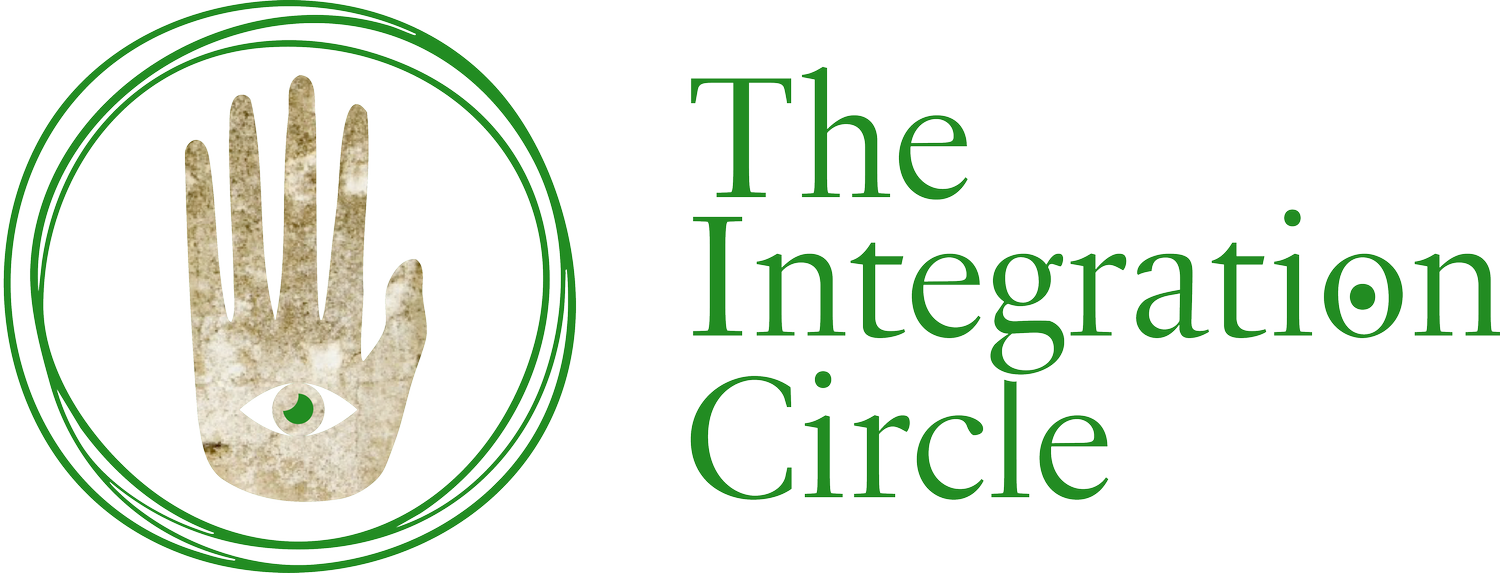Ketamine assisted
psychotherapy
About
Ketamine assisted psychotherapy (KAP) is an in-depth process that treats and supports conditions like depression, anxiety, PTSD, suicidality, eating disorders, and more. It may be supportive for end of life care, as well as psycho-spiritual exploration.
We develop a therapeutic relationship before and throughout treatment, so that patients feel safe and supported during their care. Ritual and ceremony help create a space that invites the whole person - body, mind, heart, and spirit. I collaborate with psychiatrists, psychotherapists, and other care practicioners as needed during treatment.
PROCESS
-
We meet for an hour-long medical intake visit to ensure that ketamine is a safe medication for you. We discuss how this treatment works, begin to explore dosing, and answer your questions.
-
We meet prior to your ketamine journey to prepare for the session, to explore intentions, and to build a trusting therapeutic relationship. Preparatory sessions last 1 hour and the number of sessions will vary depending on each individual’s needs.
-
Each 1:1 ketamine medicine session is approximately 2 hours long. The number and frequency of sessions varies depending on each individual’s needs. Dosage and form of medication (intramuscular versus sublingual) will also vary among patients. Medicine sessions are opportunities for deep emotional exploration and processing in a safe and supportive environment.
-
Integration sessions typically occur 1-2 days after medicine sessions. These meetings help bring everything together! We encourage you to meet with a psychotherapist with psychedelic therapy experience, or there is also the option to meet with me for integration.
FAQs
Have more questions?
-
Ketamine is a medication that was initially used in hospitals as an anesthetic.
In KAP, much lower, sub-anesthetic doses are given to induce an alternate state of consciousness.
Ketamine paired with therapy has been shown to help people with a number of mental health conditions.
-
KAP has been shown to support people with
Depression
Anxiety
OCD
Suicidal ideation
PTSD and trauma
Eating disorders
Ongoing research is studying its use for
Substance use disorders
Personality disorders
Psychospiritual exploration
End of life care
Mood disorders associated with chronic pain
Inflammatory conditions
-
Every journey in every person is unique. We can’t predict how someone’s experience will unfold - and I’d be wary of anyone who says they can! It is part of its beautiful mystery.
Common themes we hear from patients:
Dissociative or out of body experiences
Relived memories
Themes of birth or death
Feelings of unity or oneness with the universe
Presence of loved ones
Feelings of openness or peace
Intense emotional experiences
Messages as visions, words, or felt sense
-
Ketamine has a high safety profile and can be taken by people with a number of health conditions. There are some contraindications however, or reasons a person would not be eligible for KAP include:
History of heart attack
History of stroke
Untreated high blood pressure
Untreated hyperthyroid disease
Recent psychosis, e.g. hallucinations or delusions
Pregnancy
Recent urinary tract infection
Ketamine can be safely taken with a number of medications, including most anti-depressants. Generally we recommend that people hold off on certain medications like stimulants on their treatment days. These are topics that we always review during the initial medical intake.
-
Although ketamine has several mechanisms of action that are still being researched, one of the primary neurotransmitters that ketamine impacts in the brain is glutamate.
Glutamate supports neuroplasticity, or changes in neural connections through growth and reorganization. This helps disrupt painful patterns in the mind.
Ketamine, like other psychedelics, has also been shown to lower activity in the default mode network (DMN) - a network of brain regions that are active during wakeful rest and introspection. Quieting the DMN can help disrupt negative rumination or habitual thought patterns. It’s like breaking up loops of negative thoughts to make space for new ones.
While everyone’s experience is unique, patients often share how the medicine impacts their bodies, hearts, minds, and spirits.
-
Frequency and duration of KAP sessions is determined on an individual basis, though we do have some foundations we go by.
We recommend KAP medicine sessions be done on a weekly basis - this is based on research that has shown the cumulative effects on neuroplasticity and improved outcomes using this timeframe. Some people may choose to do two sessions per week, while others may decide to do them every other week.
We suggest that people plan to commit to about 6 initial sessions. Some people may only need 4, while others may need up to 8 or 10. After the initial set of induction sessions, we might meet anywhere from 2 to 6 months later for maintenance sessions.
-
During our in-person visits we work with sublingual ketamine lozenges or an intramuscular injection. We’ll discuss which form what dose of medicine is most appropriate for you.
-
PSYCHOLYTIC
> More subtle shift in consciousness
> Maintain awareness
> May be interactive
> Described as a “trance state”
> Lower dose
> Typically taken as a lozengePSYCHEDELIC
> Deeper shift in consciousness
> More introspective, not interactive
> Psyche-delic: “soul or mind” “manifesting”
> Described as a “journey”
> Higher dose
> Typically administered as intramuscular injection or intravenouslyNote that one type of dosing is not better than the other. Each have benefits that depend on a person’s unique needs and goals. Bigger is not always better!
We devote time to discussing dose and route of medication in detail during the medical intake.
-
I trained at the Inbodied Life Psychedelic Assisted Therapy Training with Lauren Taus, LCSW; Stephen Taus, MD; and Ashley Booth, LCSW in 2023.
I continue my studies and growth as a practitioner in peer consultation groups, like those held by the Integration Circle, led by Ido Cohen, PsyD.

“Since starting KAP, I’ve felt a shift in compassion towards myself. I have a strong belief system around how we deserve to be treated as humans, and I’m finally able to say, ‘I’m one of those humans too.’ It’s a cool feeling.”
“There was a reclamation of power,
in a situation where I felt powerless.”
PATIENT REFLECTIONS
shared with permission






